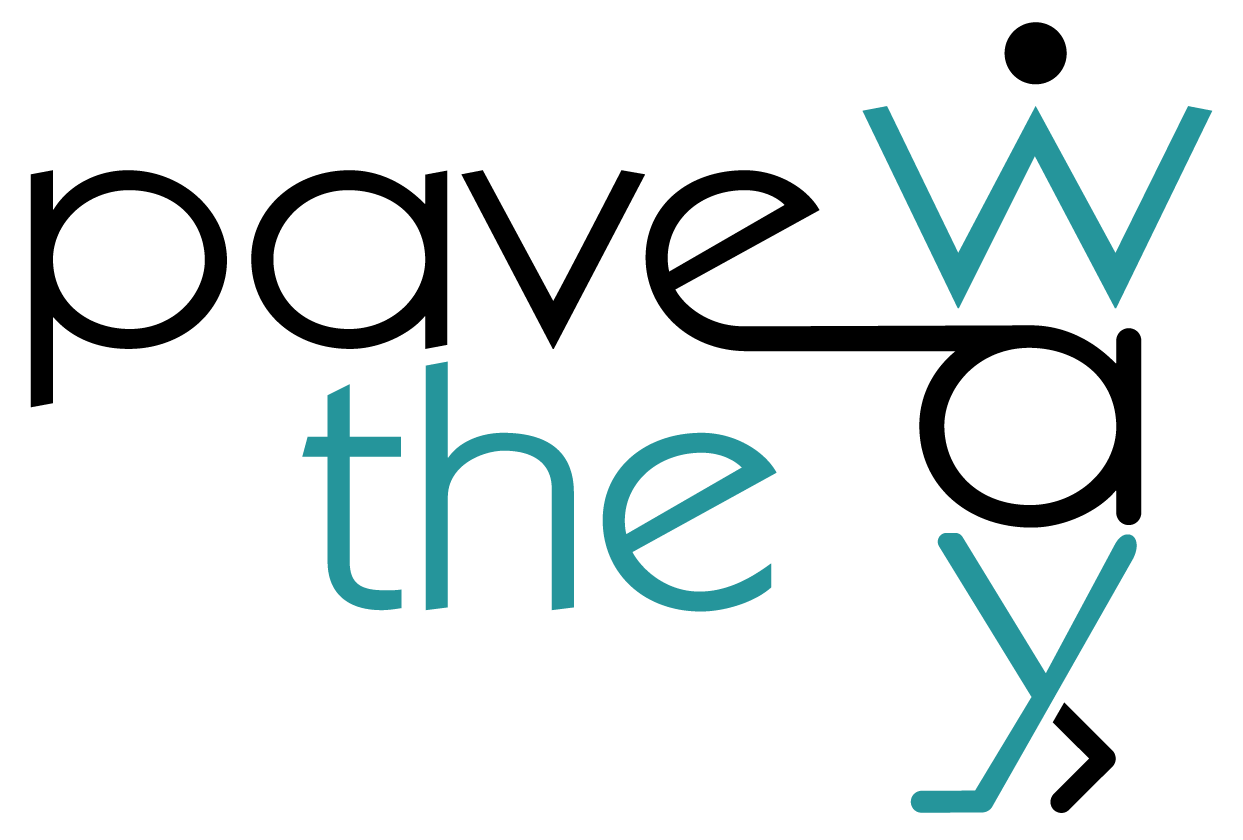In today’s fast-paced, unpredictable business environment, the ability to adapt, learn continuously and thrive amid uncertainty is essential. Research shows that being comfortable with uncertainty, staying flexible, and learning from experience are strong predictors of high performance across all levels. Yet these capabilities are difficult to develop, as our brains are wired to seek certainty and avoid the unknown. Managers therefore play a crucial role in helping teams build the mindset, habits, and skills needed to navigate change, complexity and unclear situations with confidence.
Why it matters
Teams that can pivot quickly, adapt effectively and learn continuously are better equipped to respond to disruption, by innovating and finding new ways to deliver results. By encouraging adaptability, reflection and experimentation, you can help unlock your team’s ability to handle uncertainty and perform in challenging situations.
So, what should you focus on?
1. Act as a role model
Demonstrate the behaviours you want to see. Be willing to challenge your assumptions, try new approaches, ask for input and openly seek feedback. Show that adaptability and learning are core to your leadership.
2. Create psychological safety
Build a culture of trust where team members feel safe to take risks, share ideas, ask for help and learn from mistakes. Reframe failure as part of the learning process and encourage experimentation without punishment.
3. Encourage reflection
Make regular reflection a team practice. After key events or decisions encourage your team to explore what worked, what did not and what was learned. Our brains often default to mental shortcuts and habitual behaviours. Over time, this leads to automatic patterns of thinking. Frequent reflection is essential to override these defaults, improve awareness and make better decisions under pressure.
4. Encourage curiosity and questions
In team meetings, ask questions that surface assumptions and challenge traditional thinking. Explore what new approaches could be tested and what market changes might present new opportunities. Encourage your team to stay informed and connected to industry trends. Recognise and reward team members who show curiosity, seek out different perspectives, and make new connections. Promote inquisitive thinking – asking what, how, and why – to turn tough problems into puzzles to be explored and solved. Help your team make questioning a habit, as good questions spark fresh ideas and lead to better solutions.
5. Provide stretch experiences
Give team members opportunities that push them beyond their comfort zones, such as leading a new project, entering an unfamiliar market, or designing a new product or process. Growth happens through challenge.
6. Reinforce a growth mindset and make continuous learning a priority
Support, recognise and reward team members who invest in their learning and development. Exploring new ideas increases the chances of generating creative solutions when familiar ones fall short. Help your team see that relying only on the known shrinks their options, especially as the environment grows more complex, while a steady stream of new insights keeps their thinking fresh and resourceful. Coach your team to believe that capability grows with effort and that all skills can be developed. Help your team build their confidence by tackling real challenges and learning from the process.
7. Use a ‘coaching’ leadership style
Guide without micromanaging. Support your team in solving problems themselves rather than providing all the answers. Learning is most effective when people are active participants, as it builds critical thinking, cognitive agility and resilience.
8. Promote cross-team collaboration
Encourage collaboration across departments, functions and geographies. Invite colleagues from other teams to join team meetings or share insights as guest speakers. Exposure to diverse perspectives sparks creativity and helps teams approach problems from new angles. Bring different voices into discussions and decision-making.
9. Support stress management
Recognise that high stress limits flexible thinking. Under stress, the brain shifts from the rational prefrontal cortex to the more reactive limbic system, making us prone to impulsive, habitual responses. While emotions have a valuable role at work, agility requires the ability to make conscious, deliberate choices. Help your team manage stress by connecting their work to the team’s purpose, supporting wellbeing, helping them to build healthy coping mechanisms and encouraging moments to pause, and reset. A calm, grounded team is more adaptable and resilient.
10. Build a feedback culture
Provide your team with regular, timely and specific feedback. Make debriefs routine. In cultures like sport, the arts or emergency services, immediate feedback and learning are core to performance. Encourage peer feedback and use tools like 360 reviews for broader insights. Feedback helps teams adjust and improve.
At Pave the Way, we help leaders and teams build the mindset and skills to thrive amid change and complexity. Through workshops, coaching, and practical tools, we equip managers to foster adaptability, reflection, and resilience. Our resources and development guides support leaders in having impactful coaching conversations and taking the right actions to embed these behaviours. We also work directly with teams to turn learning into practice through facilitated sessions and hands-on experiences, helping them perform at their best in uncertain, demanding environments.







